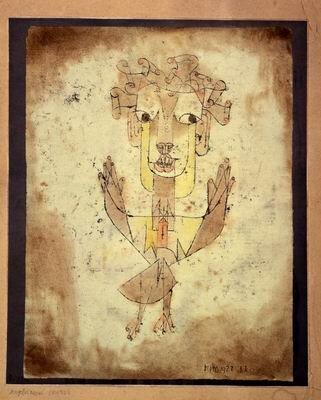The Genealogies of Modernity Journal
On Meaning and History
Intention is only in the attempt, not the deed. The meaning of an act is discovered in the dialectic between the stretched hand and what it finds.
The Last Days of Business as Usual
Kirsten Hall revisits literary history and compares our current COVID-19 pandemic to pandemics of the past.
Modern Love
Kirsten Hall explores the components of modern romance from Samuel Johnson to Noah Baumbach.
Four Gospel Genealogies
Terence Sweeney explores the lessons of the genealogies of Christ.
The Decline of the Nuclear Family, and the Rise of the Club
Kirsten Hall responds to David Brooks and the decline of the nuclear family.
Being Between: Genealogy and Christianity
Terence Sweeney examines historical thinking in the Christian tradition.
Teaching with Anachronism
Kirsten Hall addresses problems with pedagogy in today’s classrooms and creates a genealogical syllabus.
Anxious and Angry: Alec Ryrie’s Genealogy of Emotions and Belief
Terence Sweeney reviews Unbelievers: An Emotional History of Doubt.
On Influence
Timothy Barr reflects on popular culture the way stars still influence us—whether Taylor Swift or Sirius.
Netflix’s You and the Reform of the Rake
Kirsten Hall looks at the popular Netflix show and our historical fixation with the “rake”
American Foundings: Two Genealogies of American Racism
Terence Sweeney explores two genealogies of racism: Original Sin or corrupt DNA.
Liberalism is a Theodicy
Terence Sweeney reviews Eric Nelson’s The Theology of Liberalism.
A Politician, Bishop, and Dissenter Walk into a Coffeehouse
Kirsten Hall traces discourses about the secular and religious In Joseph Addison’s tragedy, Cato
Civil Monsters Versus Moral Monsters
“What then can be done against the force of a fearful political imaginary?
Tim Barr investigates the different meanings of ,monster, and its use throughout history
The Rest is Missing: Swift's Satire on the Genealogy of Knowledge
Kirsten Hall analyzes Jonathan Swift’s satires and the tensions between certainty and doubt in the Enlightenment.
The Anatomy of Misremembering
Karl Hahn reviews Cyril O’Reagan’s latest book on Hegel and Balthasar























